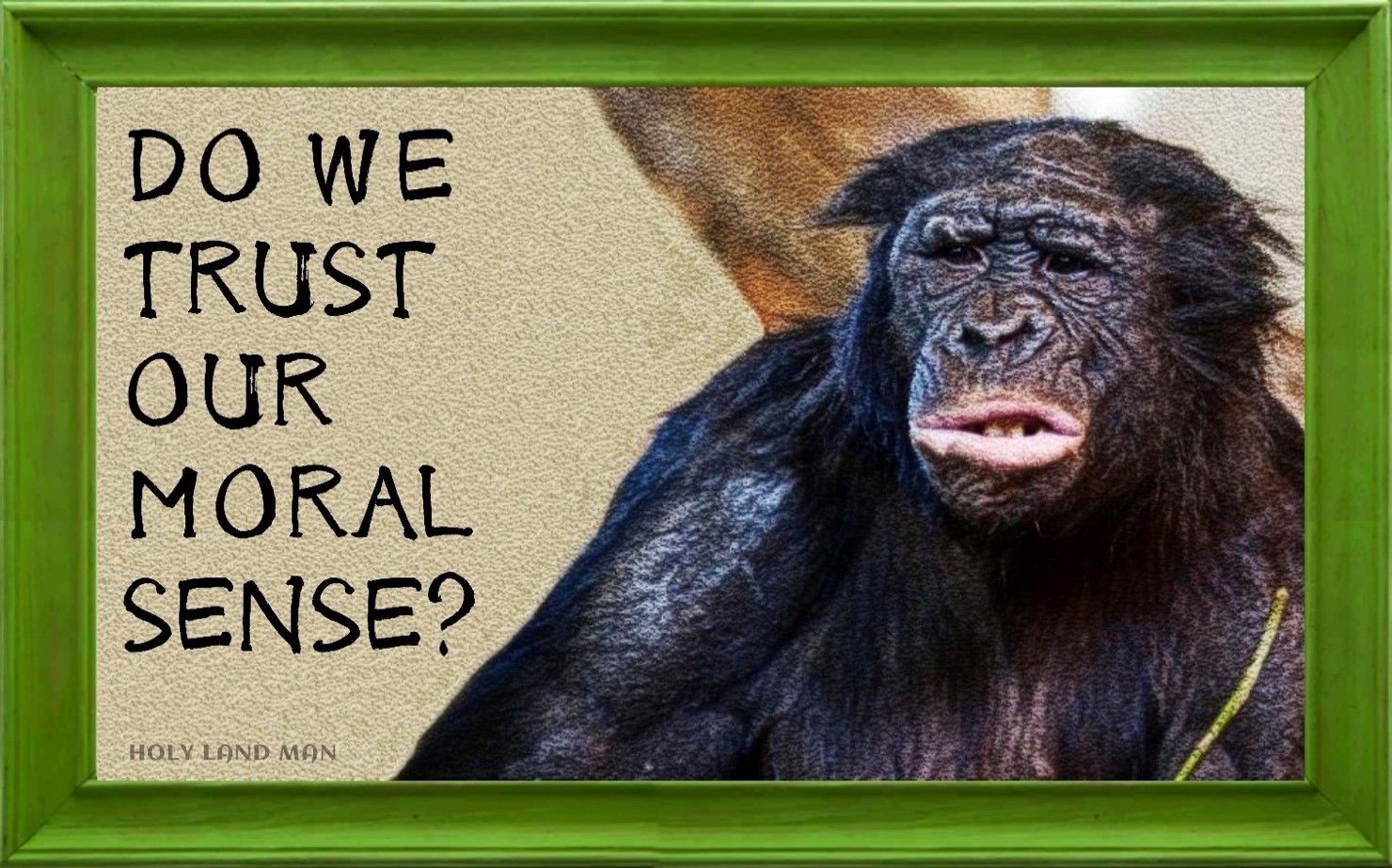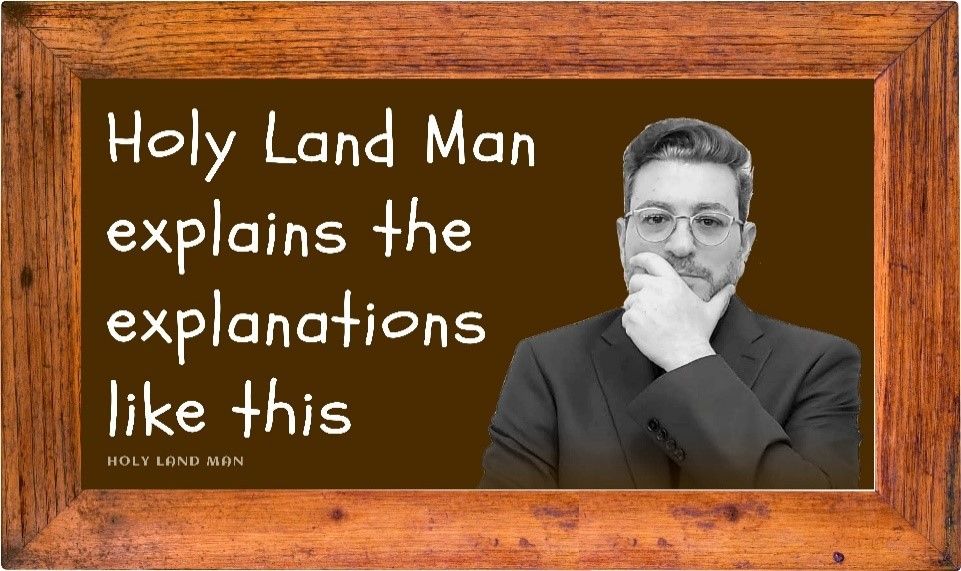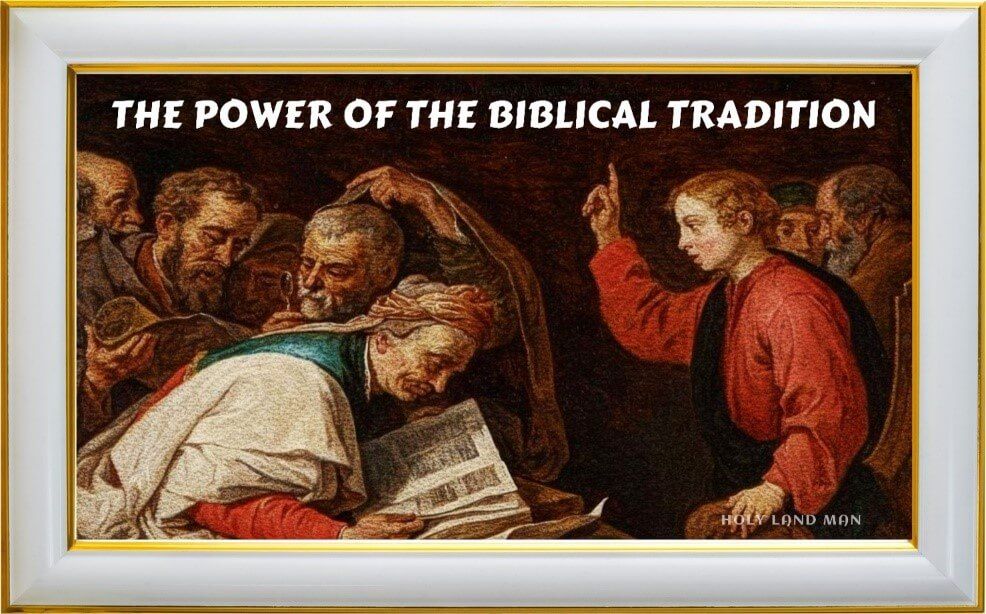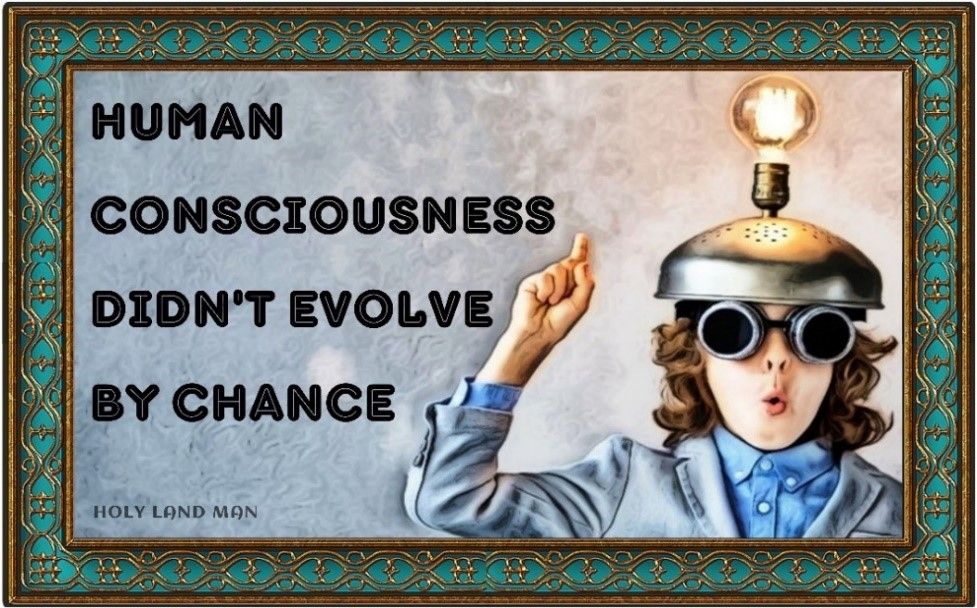Any attempt to gain knowledge of reality should be aware of two types of mistakes: A – not to believe in incorrect knowledge, B – not to miss true knowledge.
Excessive trust and lack of criticism lead a person to believe in mistakes, whereas excessive skepticism leads to a lack of sources of information and loss of knowledge. One must find the right balance between excessive belief and limited belief. Skepticism is indeed an important precaution, but it is critical for an individual to make sure that it does not completely block the possibility of being exposed to real information because then it will achieve the opposite of its purpose and hide the truth instead of exposing it.
Let us ask ourselves the following question: Suppose we are witnessing a unique supernatural event, such as a divine revelation or something similar. We have seen the incident clearly, but we do not have cameras or technological means to document it; it has not left any physical evidence, and we know there is no way to recover it in the future. However, it is extremely important to us that the belief in the existence of the event is preserved and passed onto future generations, in order that even in a hundred or a thousand years from the date of this event, our descendants will continue to believe in it. What can we do to make this happen?










